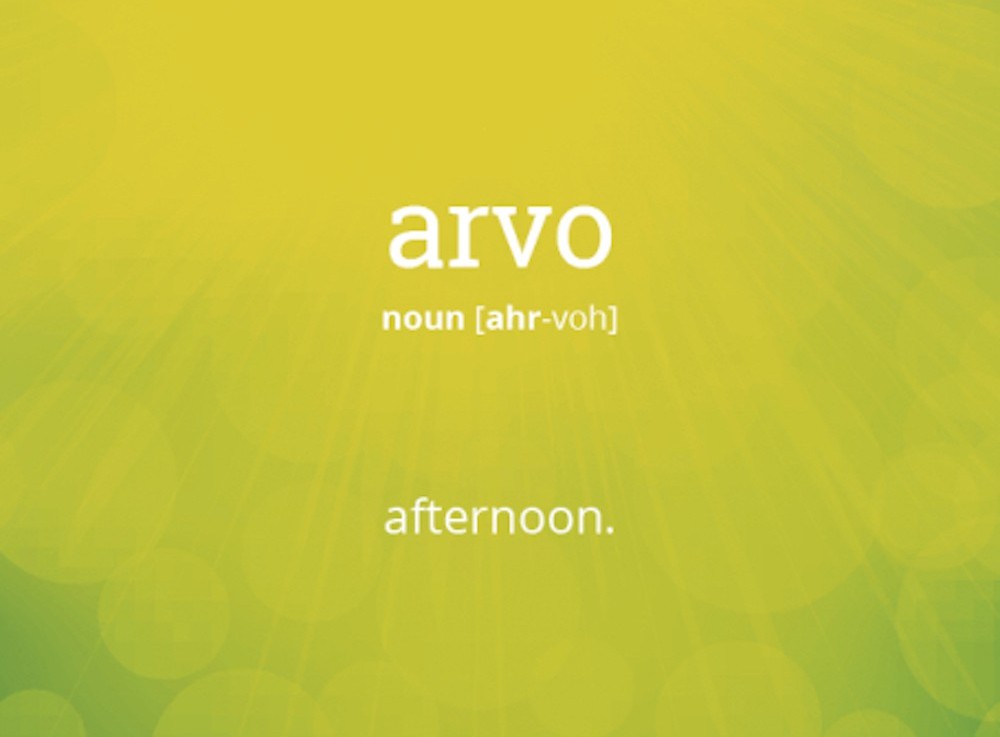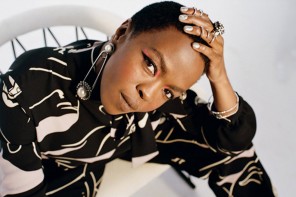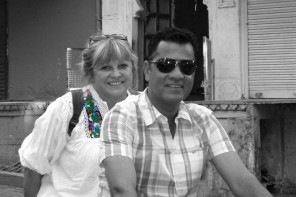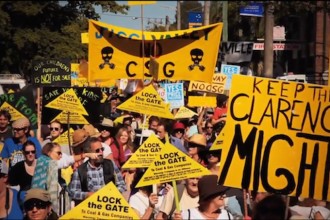Sometimes Australia’s obsession with shortening words goes just too far and that’s ‘defo’, writes Robert Drewe.
The other day I heard a hospital administrator on the radio talking knowledgeably about hard-working health professionals who were “speechies”, “occies” and “respos”. These jobs were new to me. It turned out she was referring to speech, occupational and respiratory therapists.
So the Australian partiality for baby talk has now entered the fields of physical and mental health. Mind you, the national love of diminutives was already present in medical circles. For example, we’d always called physiotherapists “physios” and gynaecologists “gynos”. But I hadn’t realised how widely the habit was spreading.
We’ve long used diminutives for such jobs as ambulance driver (ambo), book maker (bookie), bricklayer (brickie), carpenter (chippie), farmer (cocky), garbage collector (garbo), journalist (journo), milkman (milko), musician (muso), politician (pollie), postman (postie), sub-contractor (subbie), tradesman (tradie), truck driver (truckie), wharf labourer (wharfie), and prostitute (prozzie),
Injured at work? Even at “smoko”. Better apply for “compo” (compensation). Or you won’t be able to afford your “reggo” (car registration). Careful you don’t become a “dero” (homeless person).
Interestingly, while everyone knows “chalkie” is the nickname for teacher, it has never really caught on in Australia. For some reason teachers remain teachers. (Until computerisation, “chalkie” also applied to the stock exchange employees who wrote stock prices on chalk boards.)
Until a decade ago I’d never heard “boilie” (for boiler-maker) and “firey” (for fire fighter). Or, until more recently, “cranie” (crane driver); “crownie” (not just Crown lager, but crown prosecutor); “shoppie” (retail shop assistant); and “towie” (tow-truck driver).
Or, for that matter, “Cento”, for the Centrelink office, responsible for unemployment pensions; “povvo”, a poor person; and “deso”, a designated (and abstaining) driver of drinkers.
For reasons known only to Australians, a biker and a surfer anywhere else are a “bikie” and “surfie” here (but never in actual biker or surfer circles).
In Melbourne, you’d know Broady was Broadmeadows, and in Sydney that Parra was Parramatta. In Perth you’d be au fait with Cott, Subi, Freo and Rotto. If you follow AFL or the two rugby codes, you’re a “footy” fan. The other code, known here and in the US as soccer, however, insists on “football”.
Why do we indulge in such baby language (talking about bickies and choccies – and choccy bickies!) long after our third birthday? Why do we eat at Macca’s and buy fuel at the servo? And give prezzies at Chrissie, and drink cuppas and tinnies and coldies, and cook snaggers at barbies (unless we’re veggos and prefer avos), and support the Salvos and Vinnies, and wear trackies or boardies in the arvo?
Because we want to be liked. As pathetic as that sounds, Dr Nenagh Kemp, a senior lecturer in Psychology at the University of Tasmania, says “Australians have an intuitive feeling that these words make social interaction more informal, more friendly and relaxed.”
Dr Kemp’s work on spoken Australian English is helping to build up a more complete picture of what it means to be Australian today, and how choosing to use certain Australian words such as “arvo” and “footy” signals national identity. As she told the Australian Geographic Society which sponsored some of her research, “It sounds obvious: we make words shorter to save us a bit of time and effort. But some diminutives actually make words longer, like Tommo for Tom. And we don’t really save a lot of time by saying barbie instead of barbecue.”
With more than 4300 recorded in our lexicon, Australians use more abbreviated words than any other English speakers. Word lists collected in the past few years show that older Australians are more likely to think of slang with “o” endings (muso, smoko). Young people use these less frequently. Modern trends are to affix an ‘s’ to the first syllable (think “awks” for awkward — which it is).
“If you’re someone who speaks to groups – say, a politician – it could be interesting to know whether these kinds of words make you seem friendlier, or perhaps more condescending,” said Dr Kemp. (Too late, Kevin Rudd.)
“Some people accuse younger generations of spoiling our language with all these diminutives. But the earliest examples are from the 1800s. It’s a long tradition, not a modern laziness.”
Despite that, she can’t see herself adopting some current language trends. “I’m kind of bemused by the trend of saying “mobes” for mobiles, or “totes” for totally. I use some shortened words, but those just sound silly to me.”
For myself, I draw the line at the current words “lappy” for laptop, “Facey” for Facebook, “petty” for petrol, and “devo” for devastated. Anyway, in my teenage daughter’s case, “devo” actually translates as “mildly upset”.
“Deffo”, as she says. “Definitely.”







